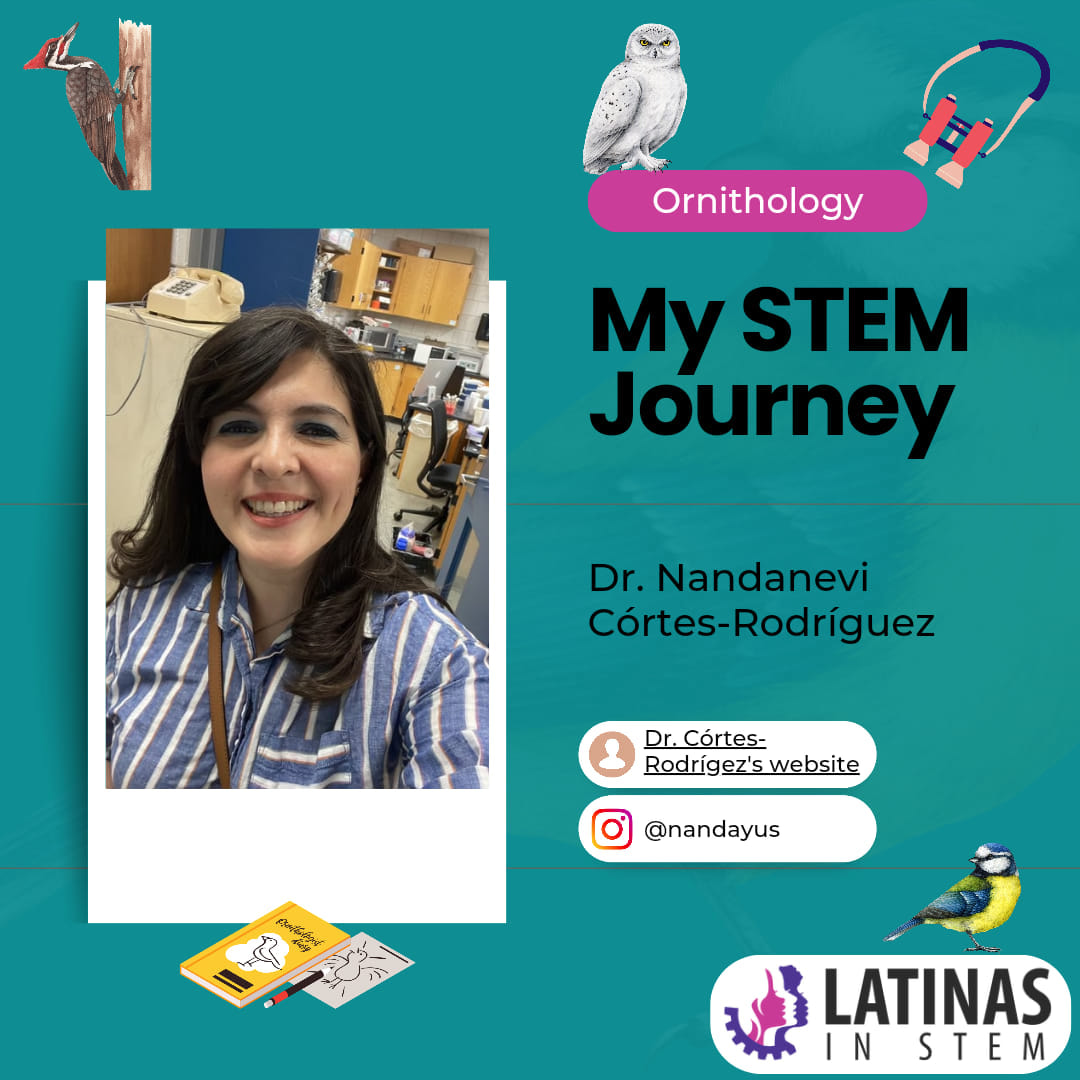My consejo is that career paths are not one singular road. Throughout our career journey, we should be open to take new roads and even create our own roads to get to where we want to be.
I always thought that I would get my academic dream job and stay there for the long run. But I learned that is not always the case and it’s OK. I wish someone had told me that it is okay to take a break or leave academia. My work is not my life. It is OK to do a non-traditional job that impacts a wider audience.
Your lived experiences, identities, affiliations, hobbies- they make up YOU. If your workplace does not support you or wants to mold you or invalidates your experiences, you should find a workplace that appreciates and supports you for who you are.



 RSS Feed
RSS Feed

